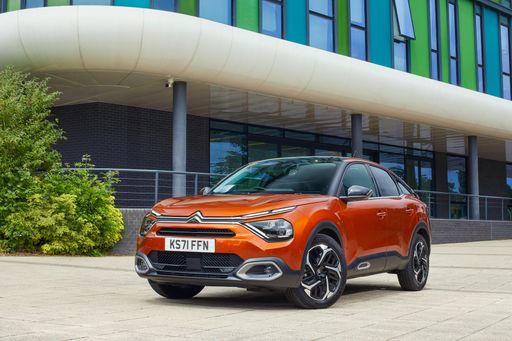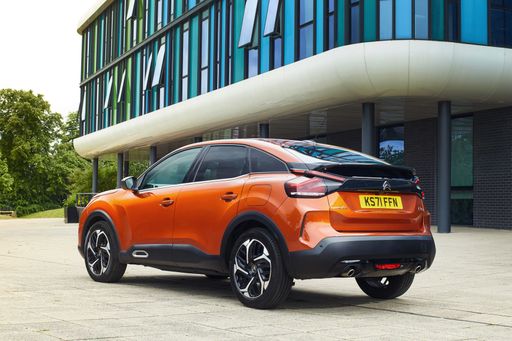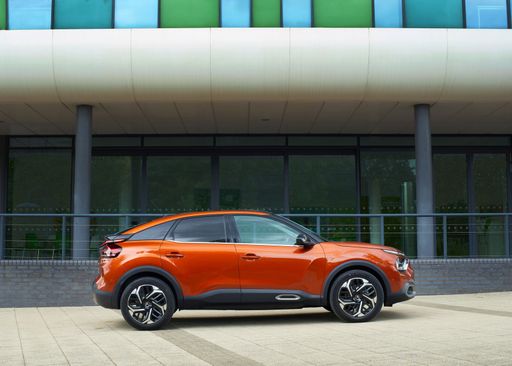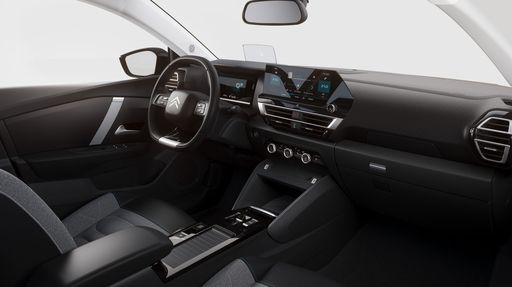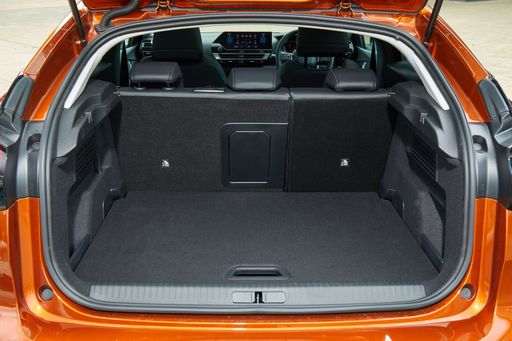The Citroën C4 vs. Hyundai Kona: A Comprehensive Showdown
When it comes to compact SUVs, the Citroën C4 and Hyundai Kona are both formidable contenders in their class. Combining style, technology, and power, these vehicles are designed to meet the demands of modern drivers. Let's dive into the details and see how they stack up against each other in key departments.


